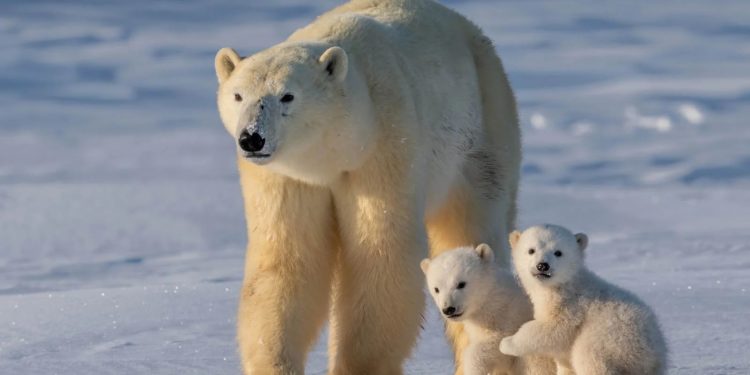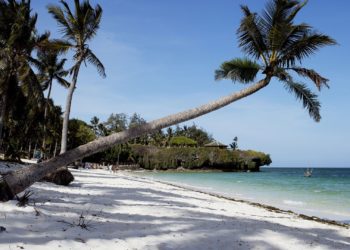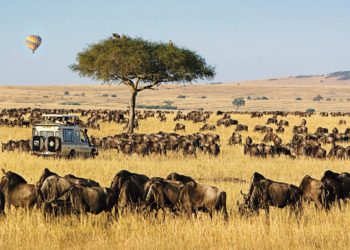The polar bear is one of nature’s most striking symbols of strength and survival. Native to the Arctic region, it is the largest land carnivore on Earth, perfectly adapted to one of the planet’s harshest environments. These powerful mammals spend most of their lives on sea ice, where they hunt seals, travel great distances, and raise their young.
A polar bear’s thick white fur and dense layer of fat provide insulation against extreme cold, while its large paws help it move easily over snow and ice and swim long distances. Unlike most bears, the polar bear is considered a marine mammal because it depends almost entirely on the ocean for food and habitat. Its primary prey, seals, are caught by patiently waiting near breathing holes or breaking through the ice when an opportunity arises.
Despite their size and strength, polar bears face serious threats from environmental change. As global temperatures rise, Arctic sea ice melts earlier each year and forms later in winter, leaving bears with less time to hunt. With their hunting season shortened, many bears are forced to travel farther or rely on land-based food sources that cannot sustain them long term. Scientists have observed declining body weights and reduced cub survival rates in several regions.
Pollution and increased human activity in the Arctic further compound these challenges. Oil exploration, shipping routes, and waste contamination threaten the delicate balance of the ecosystem that polar bears rely on. International conservation efforts, including the protection of critical habitats and restrictions on industrial activity, are essential to preserving the species.
Polar bears have also become an emblem of the broader climate conversation, reminding humanity of the fragile link between environmental stability and wildlife survival. Their future depends not only on regional conservation policies but on global efforts to reduce carbon emissions and protect the planet’s polar regions.
The sight of a polar bear roaming across a frozen horizon remains one of nature’s most awe-inspiring images a reminder of both the resilience of life and the urgent need for environmental stewardship.
Just like polar bears rely on preparation to survive the Arctic, your financial future depends on steady, consistent growth.
Start saving and investing wisely today with the Cytonn Money Market Fund secure, flexible, and designed to help you grow with confidence.
📞 Call +254 (0) 709 101 200 or 📧 email sales@cytonn.com to get started.















